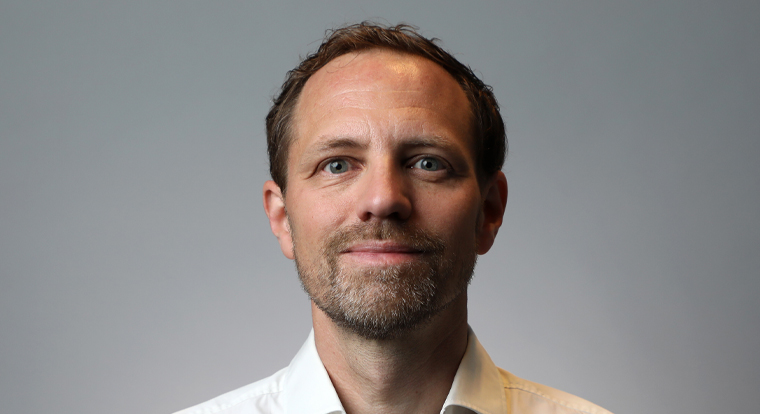Lord Hunt to form clinical buy-in group
- 15 June 2007
Health minister Lord Hunt has announced that he is to form a high-level group with the Academy of Medical Royal Colleges to encourage buy-in at a local level in the NHS.
Hunt told the Commons Health Select Committee he intends to ensure that NHS strategic health authorities (SHAs) get more involved with the national programme as it moves towards the National Programme for IT Local Ownership Programme (NLOP) phase.
“I will be establishing a co-group with the academy, which I will be co-chairing to encourage buy-in at a local level. More local involvement is needed and the chief executive of the NHS, David Nicholson, has also made it clear that IT will have to be a high priority, and is urging SHA’s to take responsibility for implementation.
“What has been achieved are very good foundations, that is why I agreed to establish the high level group. Inevitably, you can never satisfy every single user. Local NHS organisations must remember that they are accountable for the implementation of improved IT. NLOP enables them to define their own priorities and the IT support they
require, based on their business plans.”
The group is one of the ways that Lord Hunt identified to tackle what he described as four major challenges in NPfIT.
He added: “One of the problems of IT historically is that many senior managers in the NHS did not give it the priority it deserved. That was one of the reasons for a top down national programme…now is the time that we really do need to get the managerial buy-in.”
The main problems he identified with the programme were the rollout of summary care records (SCR) and patient administration systems (PAS).
“These are major challenges, but I am sure it was right spending more time on making sure the SCR was right and ready for testing at early adopter sites. PAS deployments were always going to be hugely challenging and never going to be easy, but I think that in the next two years we will have made huge advances.”
A number of key measures in NLOP, including getting the key people in place, providing a detailed organisational design, and transferring some of the responsibilities for implementing the programme, are due to be carried out by 31 July.
Lord Hunt said it was now crucial that local service providers begin working with SHAs to plan ahead for IT deployments in their region.
“We expect LSPs and contractors to work well with the SHAs to ensure that they decide when systems will go into the healthcare economy in their region. David Nicholson and I have stressed this point and we will keep pushing for a stronger engagement throughout the NHS.”
Richard Granger, chief executive of Connecting for Health, the agency supporting delivery of NLOP, said that this [local engagement] had already begun with the Southern cluster working on a re-scheduling of Cerner Millennium Release 1 to ensure that it meets the trust’s needs adequately.




